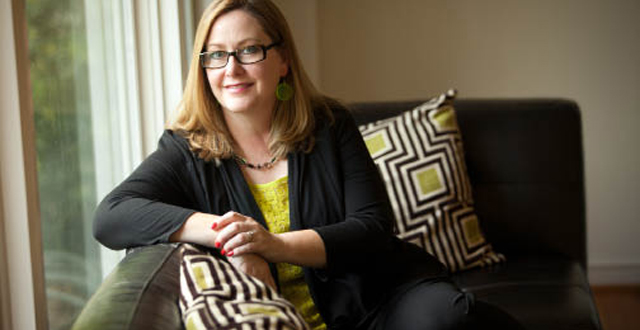 Shawna Seed
Shawna Seed
Shawna Seed had the story for her debut novel, “Identity,” long before she had a name for the protagonist. Then one day it came to her, so she told her husband, “Her name is Sharla!” Her husband, Rick Holter, responded: “Yes, but with an ‘h’ on the end because her mom thought that made it more classy.” Sharlah Webb, the novel’s protagonist, is a strong, gritty Texas woman, Seed says. She is 19 and living on the Gulf Coast when the story begins. Sharlah gets caught up in drug dealing, her boyfriend goes to jail, and there is a hurricane coming. Seed was a college student in Houston in the ’80s, where she endured Hurricane Alicia, and she landed her first newspaper job in a beach town, St. Petersburg, Fla. Those experiences inspired the setting, she says. “It begins in the ’80s, so there’s lots of ’80s music and pop culture,” Seed says. The book doesn’t fit the publishing industry’s definition of “mystery,” so Seed calls it a suspense novel. Book publishers weren’t sure how to categorize it either. They told Seed’s agent the book straddled the line between literary and commercial fiction. Ultimately, publishers turned it down, but Seed’s agent encouraged her to self-publish. So she released it as an eBook through Amazon in March. Seed, who moved to Kessler Park last summer, wrote the book after her husband’s work for NPR took them to Washington, D.C. “I wrote it when I was in Maryland, but it’s a very Texan book,” she says. “Now the book is out, I’m back in Texas.” Seed served 17 years as an editor at the Dallas Morning News, and now she works for ESPN. She is revising a second novel, “Not in Time,” about art that was looted during World War II. And she has written the first draft of a third novel. She says the best advice she received when she first started writing fiction was to “keep writing.” Resist the temptation to go back and revise earlier sections of the book, she says. Keep writing until you have a first draft, then go back and polish it. “Once you finish a first draft of something, it’s much harder to set it aside,” she says.





